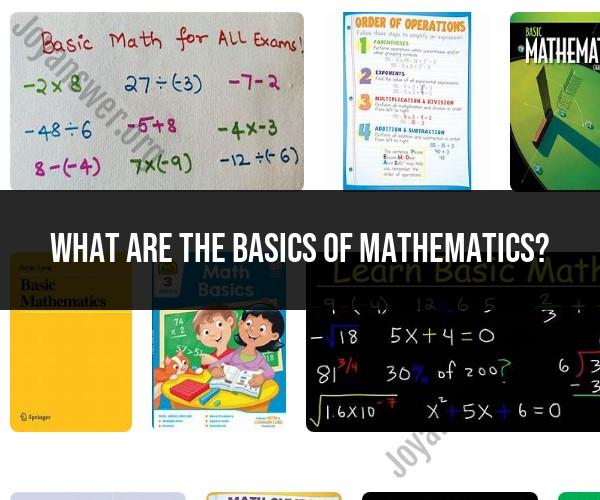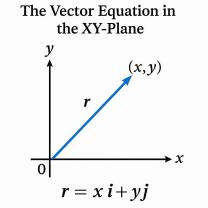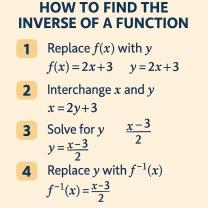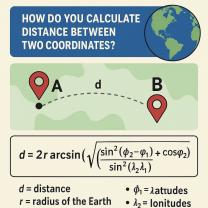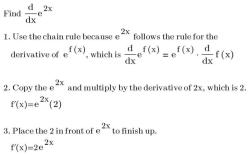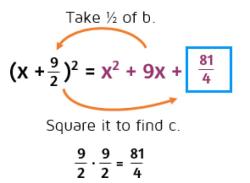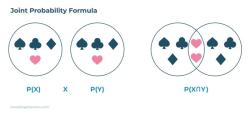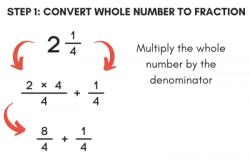What are the basics of mathematics?
Mathematics is a broad field, but it is built upon fundamental concepts and principles. Here are some of the basics of mathematics that serve as a foundation for more advanced mathematical concepts:
Numbers:
- Integers: Whole numbers, both positive and negative (e.g., -3, -2, -1, 0, 1, 2, 3).
- Natural Numbers: Positive integers (e.g., 1, 2, 3, ...).
- Real Numbers: All numbers, including fractions, decimals, and irrational numbers (e.g., √2, π).
Arithmetic:
- Addition: Combining numbers (e.g., 3 + 4 = 7).
- Subtraction: Finding the difference between numbers (e.g., 7 - 3 = 4).
- Multiplication: Repeated addition (e.g., 3 × 4 = 12).
- Division: Sharing or splitting into equal parts (e.g., 12 ÷ 3 = 4).
Order of Operations:
- BODMAS or PEMDAS (Brackets, Orders, Division and Multiplication, Addition and Subtraction) govern the order in which mathematical operations are performed in an expression.
Fractions:
- Fractions represent parts of a whole (e.g., ½, ⅔, ¼).
Decimals:
- Decimals are a way to express parts of a whole using a decimal point (e.g., 0.5, 0.75, 3.14).
Percentages:
- Percentages represent parts per hundred (e.g., 50%, 25%, 10%).
Ratios and Proportions:
- Ratios compare two or more quantities (e.g., 2:1 or 2/3).
- Proportions establish equivalences between ratios (e.g., 2/3 = 4/6).
Basic Algebra:
- Equations involve finding the value of an unknown (e.g., 2x = 10, solve for x).
- Inequalities compare two values (e.g., x > 5).
Geometry:
- Shapes, angles, lines, and points in space.
- Concepts like area, perimeter, and volume.
Measurement:
- Measurement units for length, weight, volume, and time.
- Conversion between units (e.g., inches to centimeters, pounds to kilograms).
Probability:
- Probability measures the likelihood of events happening (e.g., the probability of rolling a six on a fair six-sided die is 1/6).
Statistics:
- Collecting, organizing, and interpreting data.
- Concepts such as mean, median, mode, and standard deviation.
Basic Trigonometry:
- Relationships between angles and sides of triangles.
- Trigonometric functions like sine, cosine, and tangent.
Exponents and Radicals:
- Exponents represent repeated multiplication (e.g., 2³ = 2 × 2 × 2).
- Radicals are used to find roots or fractional exponents (e.g., √9 = 3).
Basic Number Theory:
- Concepts like prime numbers, factors, and multiples.
Logic and Sets:
- Basic logic operations like AND, OR, NOT.
- Set theory and Venn diagrams to represent relationships between sets.
These are the fundamental concepts that form the basis of mathematics. As you progress in your mathematical studies, you'll build on these basics to explore more complex mathematical topics and applications in fields such as algebra, calculus, statistics, and beyond.
What are the key concepts and principles in mathematics?
Mathematics is a broad and complex field, but some of the key concepts and principles include:
- Numbers and operations: Mathematics is based on the use of numbers and operations, such as addition, subtraction, multiplication, and division.
- Patterns and relationships: Mathematics is also concerned with finding patterns and relationships between numbers and shapes.
- Logic and reasoning: Mathematics uses logic and reasoning to solve problems and prove theorems.
How does mathematics form the foundation of various scientific disciplines?
Mathematics forms the foundation of various scientific disciplines because it provides a way to quantify and measure the natural world. Mathematics is used to develop and test scientific theories, and to make predictions about the future.
For example, physics is based on the mathematical laws of motion and gravity. Chemistry is based on the mathematical laws of atomic structure and chemical bonding. Biology is based on the mathematical laws of population dynamics and evolution.
Can you explain the different branches and areas of mathematics?
Mathematics can be divided into two broad branches: pure mathematics and applied mathematics. Pure mathematics is concerned with the study of abstract mathematical concepts, such as numbers, geometry, and algebra. Applied mathematics is concerned with the use of mathematics to solve real-world problems in science, engineering, and other fields.
Some of the major branches of mathematics include:
- Arithmetic: Arithmetic is the study of numbers and operations.
- Algebra: Algebra is the study of symbols and the rules for manipulating them.
- Geometry: Geometry is the study of shapes and space.
- Trigonometry: Trigonometry is the study of triangles and their properties.
- Calculus: Calculus is the study of change and rates of change.
- Statistics: Statistics is the study of collecting, analyzing, and interpreting data.
What role does mathematical reasoning play in solving real-world problems?
Mathematical reasoning plays a vital role in solving real-world problems. By using mathematical reasoning, we can break down complex problems into smaller, more manageable problems. We can also use mathematical reasoning to identify patterns and trends that would be difficult to see otherwise.
For example, mathematical reasoning is used to develop new medical treatments, to design new bridges and buildings, and to create new financial products.
Are there recommended resources for learning the basics of mathematics?
There are many recommended resources for learning the basics of mathematics. Some of these resources include:
- Textbooks: There are many excellent textbooks available on a variety of mathematical topics.
- Online courses: There are also many online courses available on a variety of mathematical topics.
- Tutors: If you need extra help, you can also hire a tutor to help you learn the basics of mathematics.
If you are interested in learning more about mathematics, I encourage you to explore the many resources that are available. Mathematics is a powerful tool that can be used to solve a wide range of problems.
